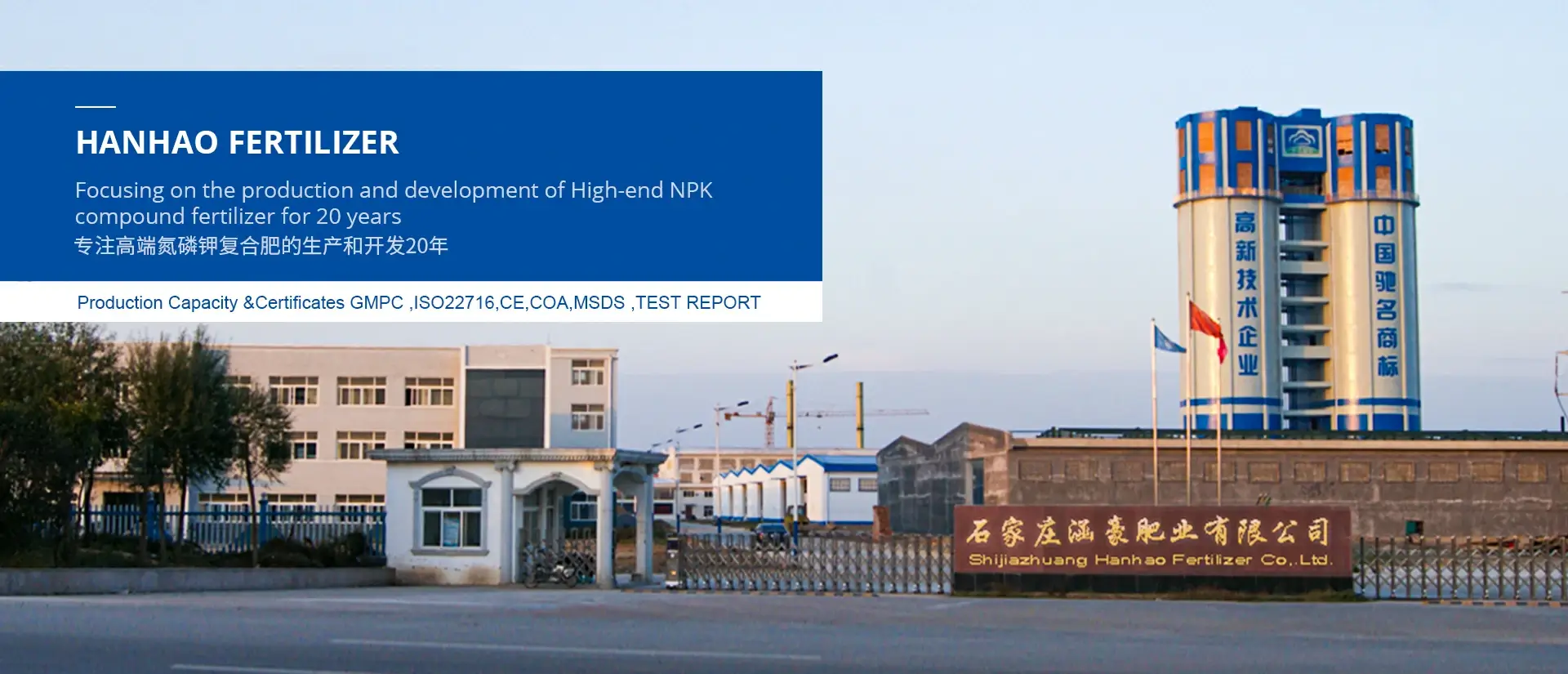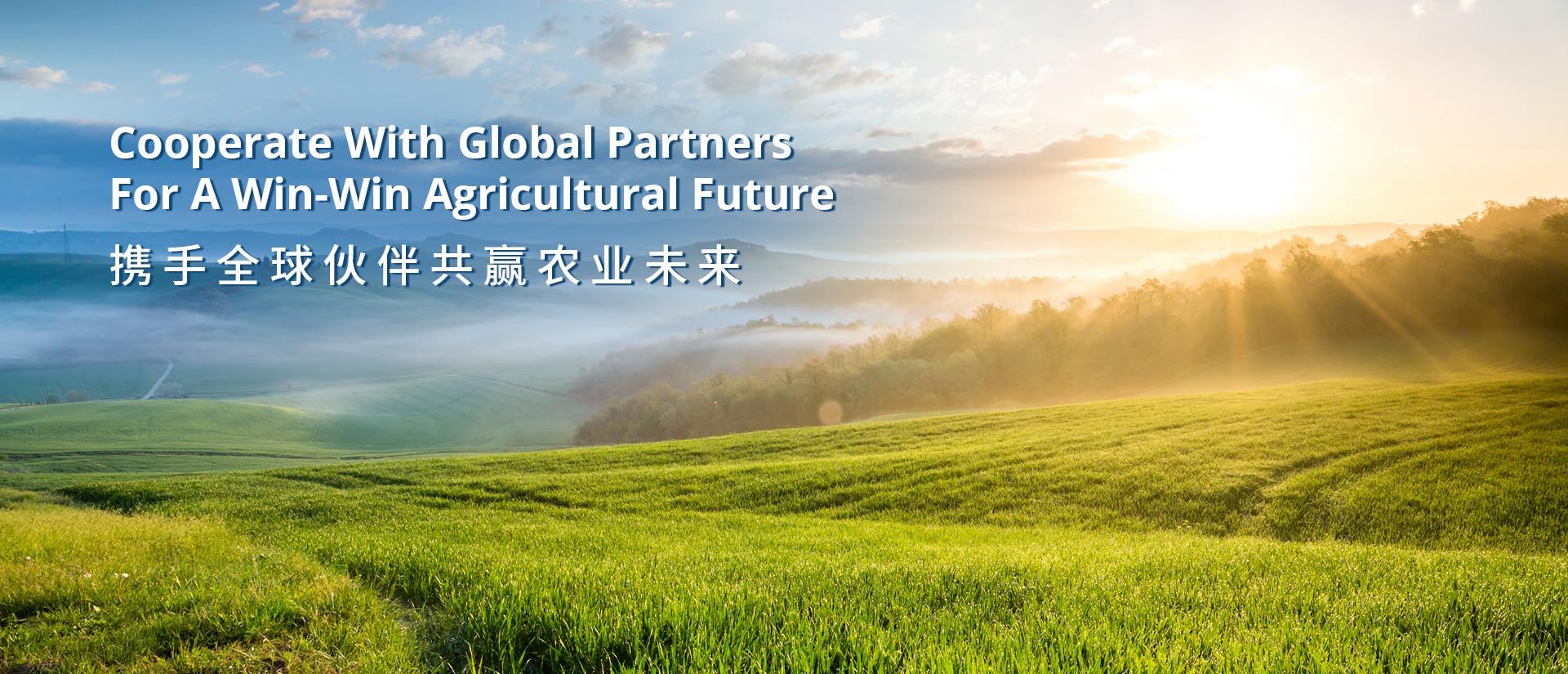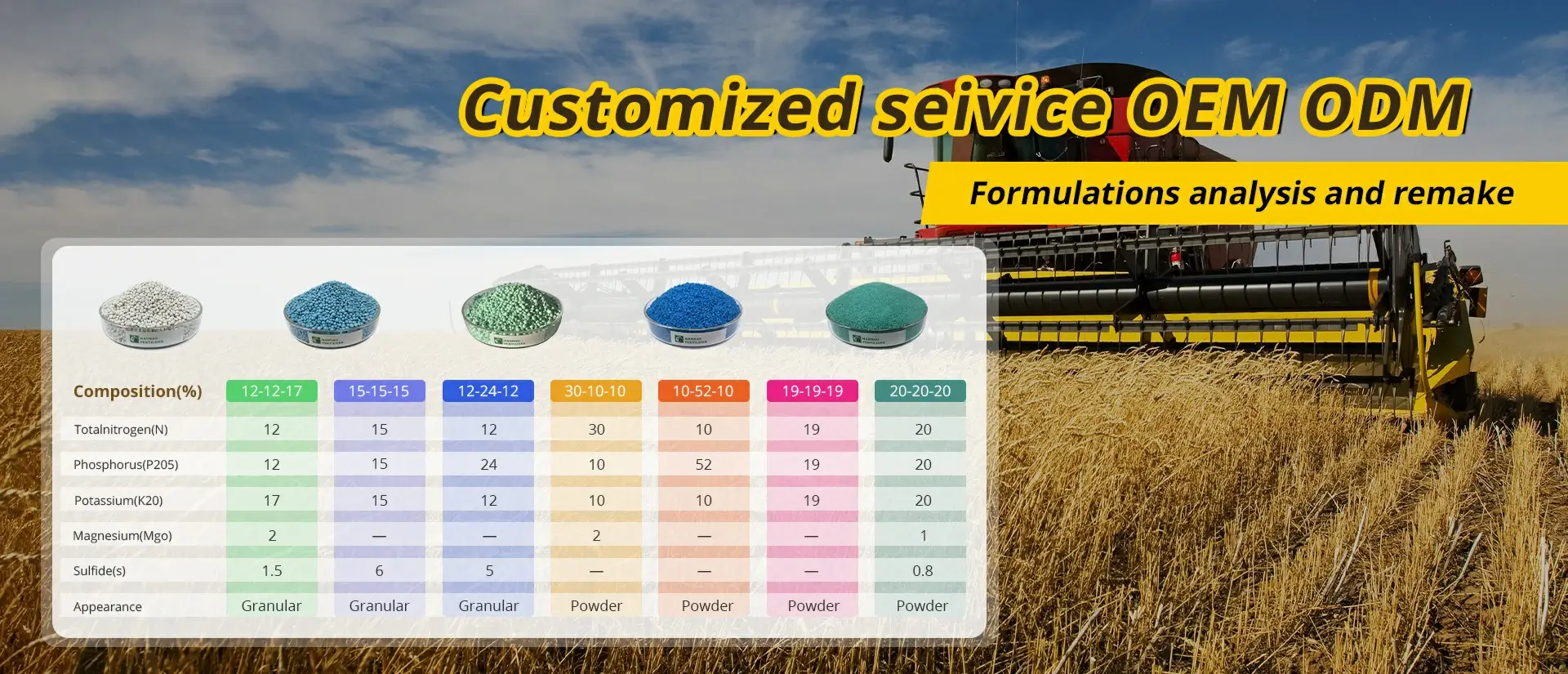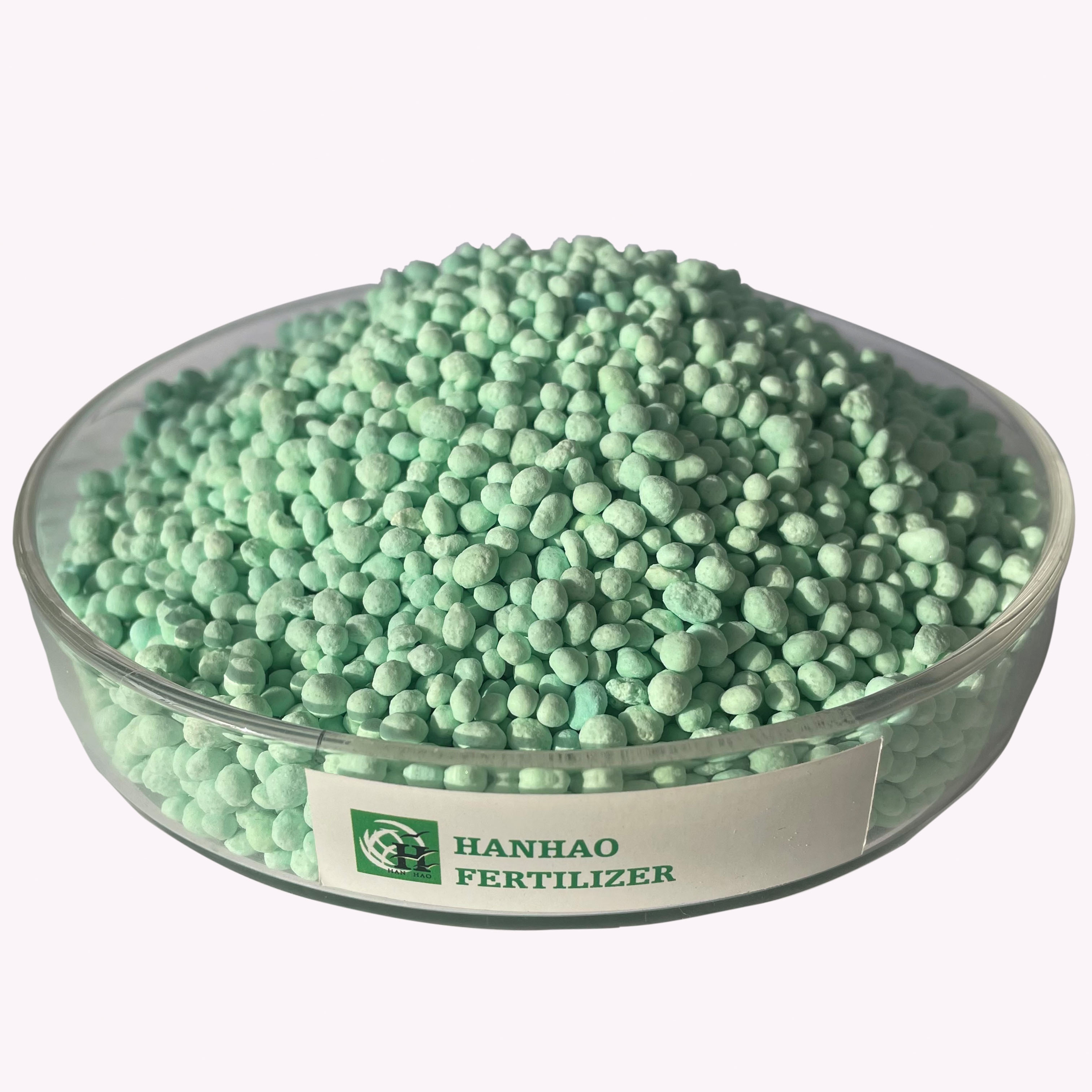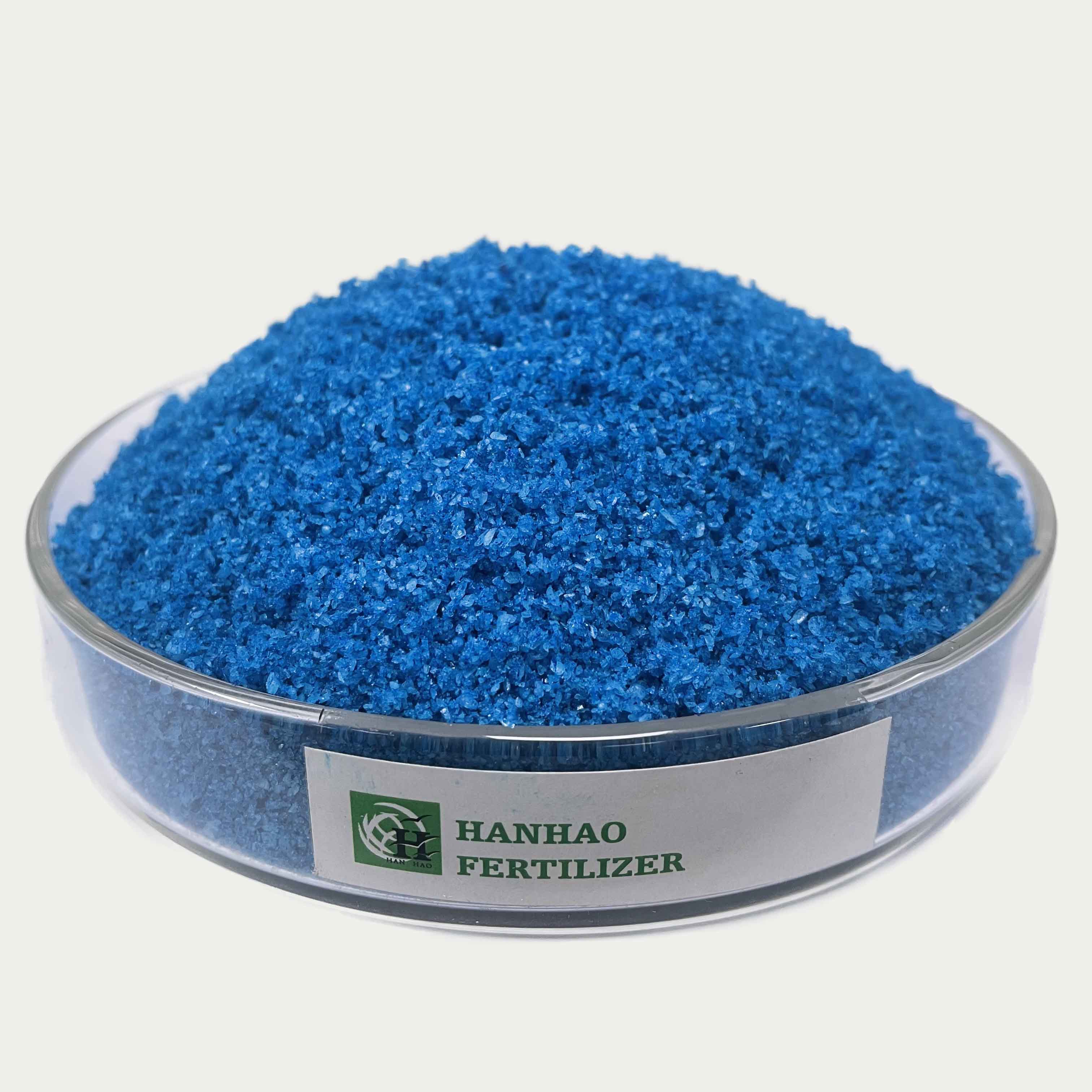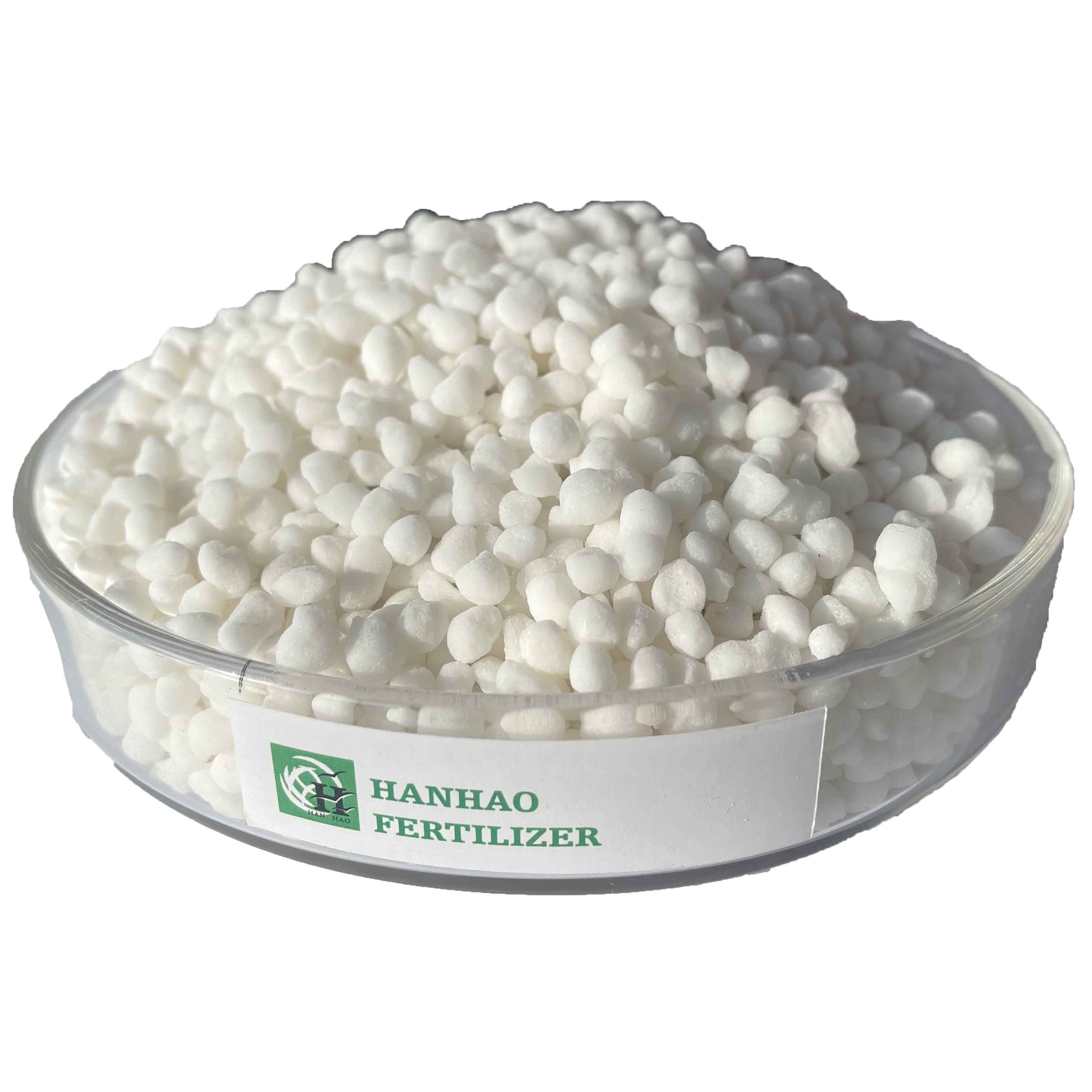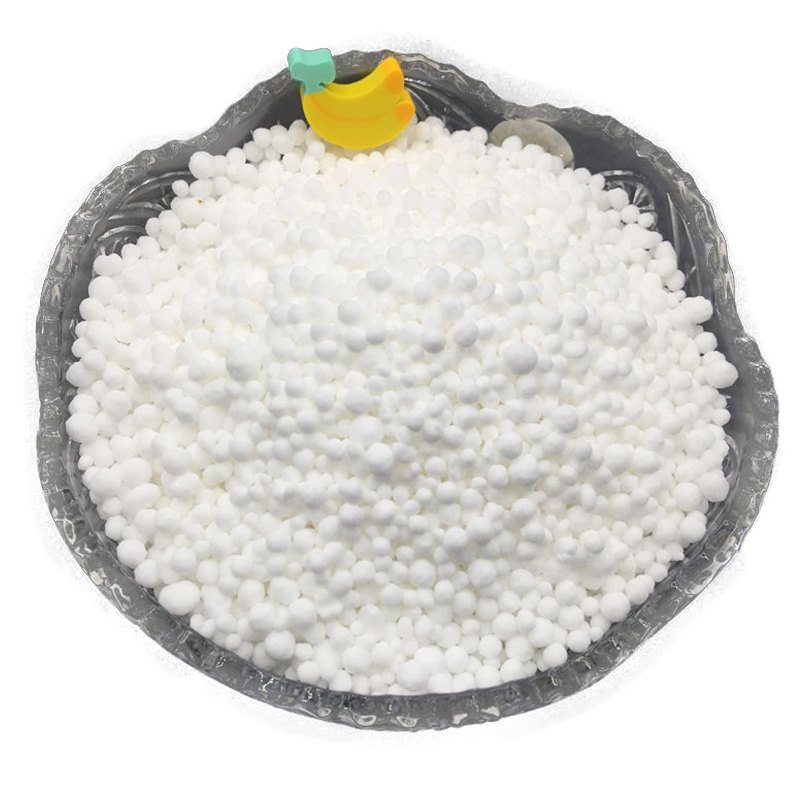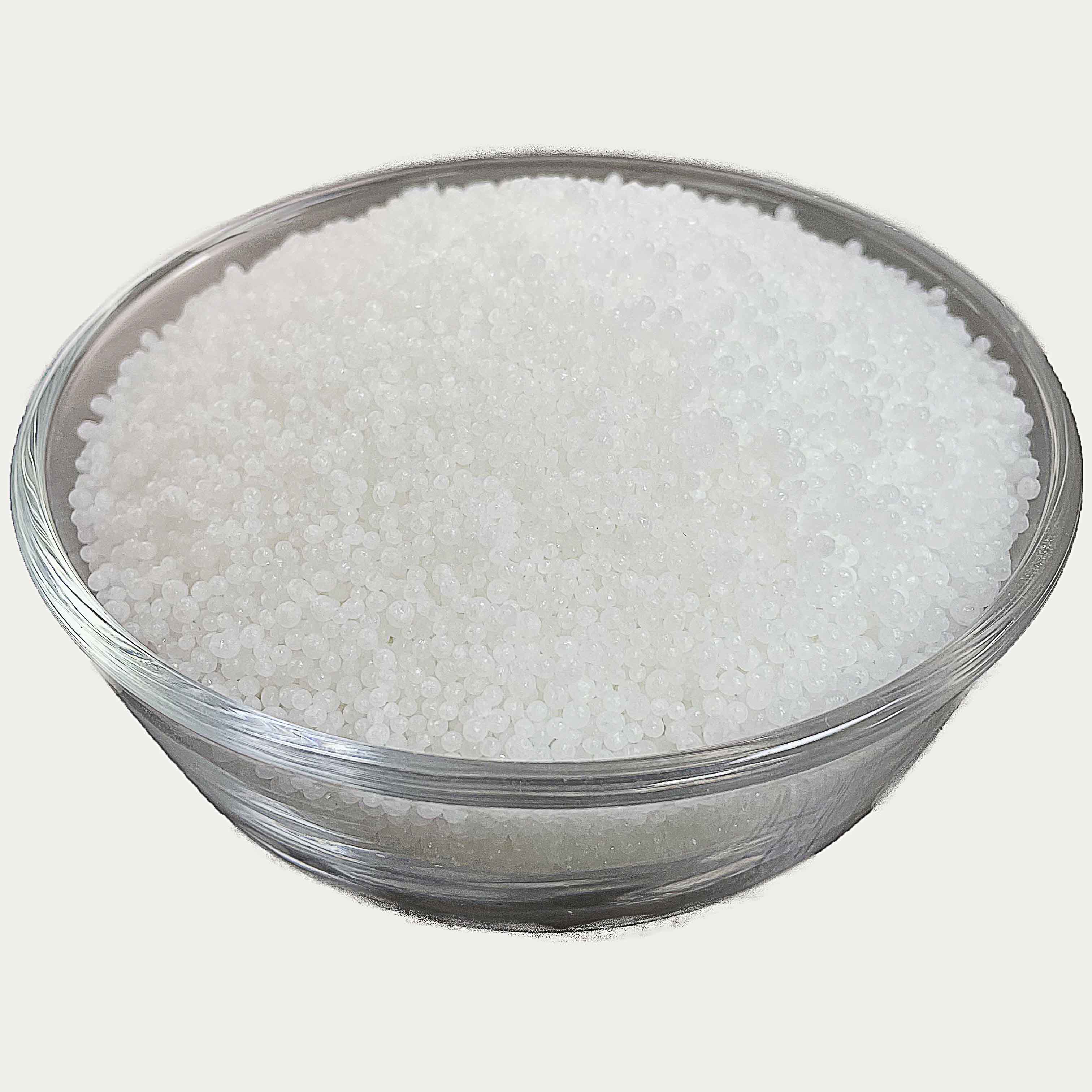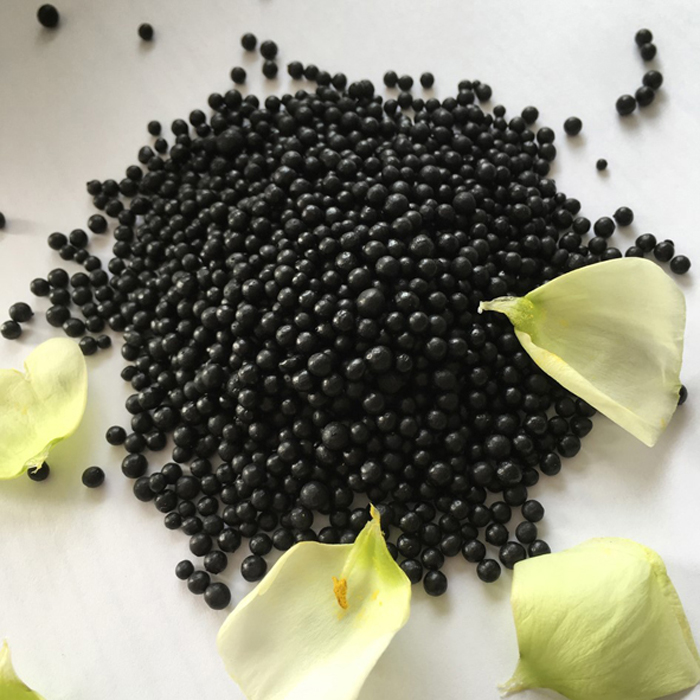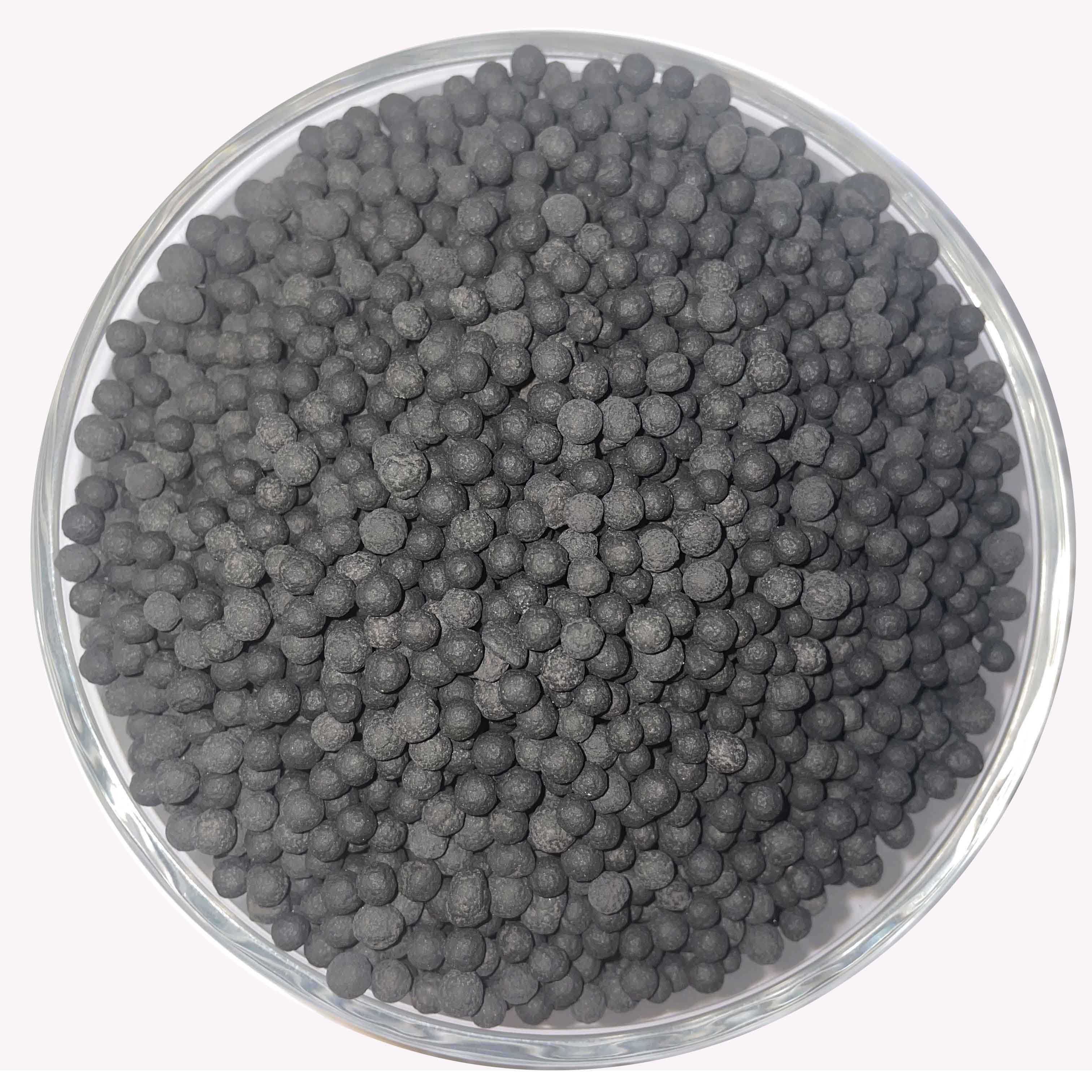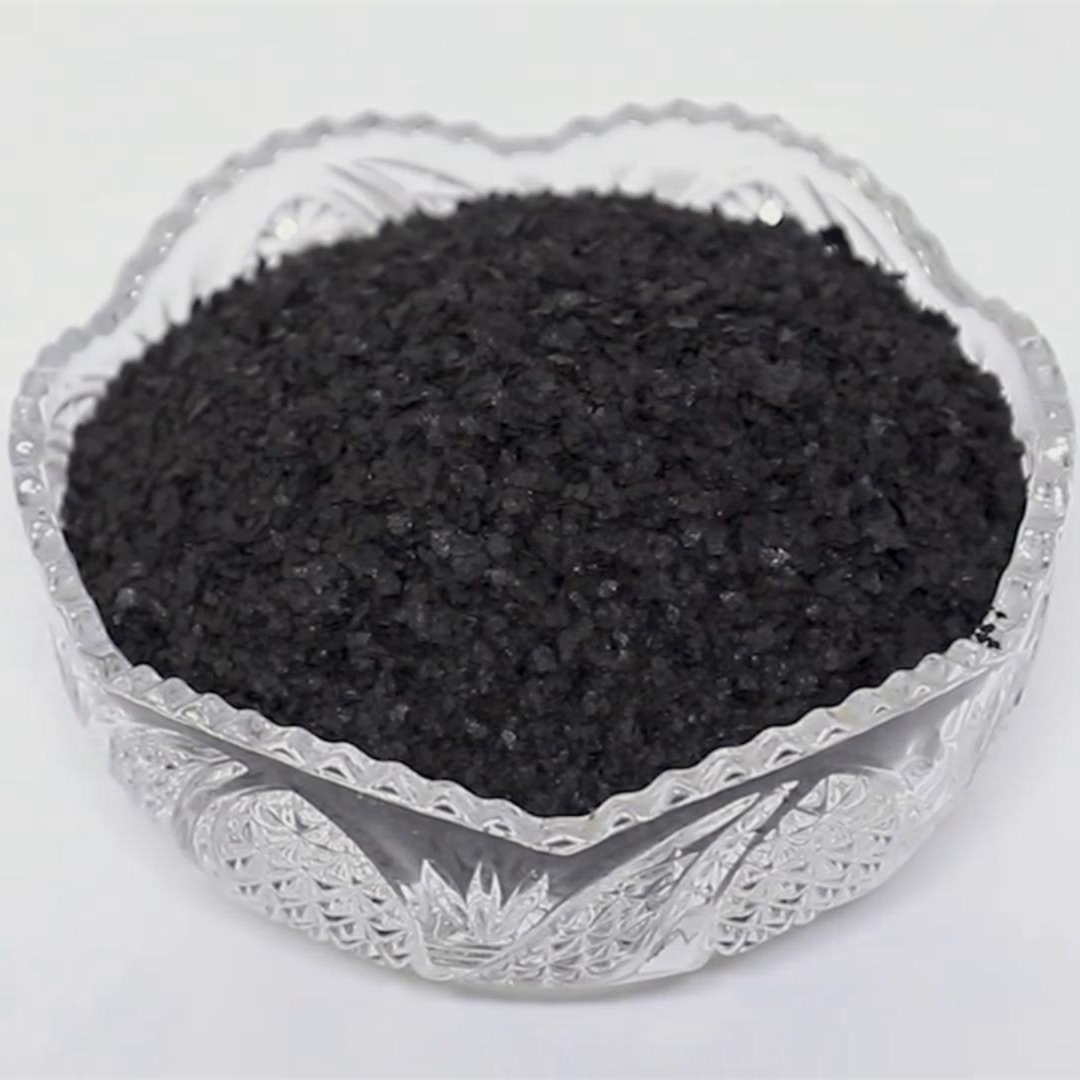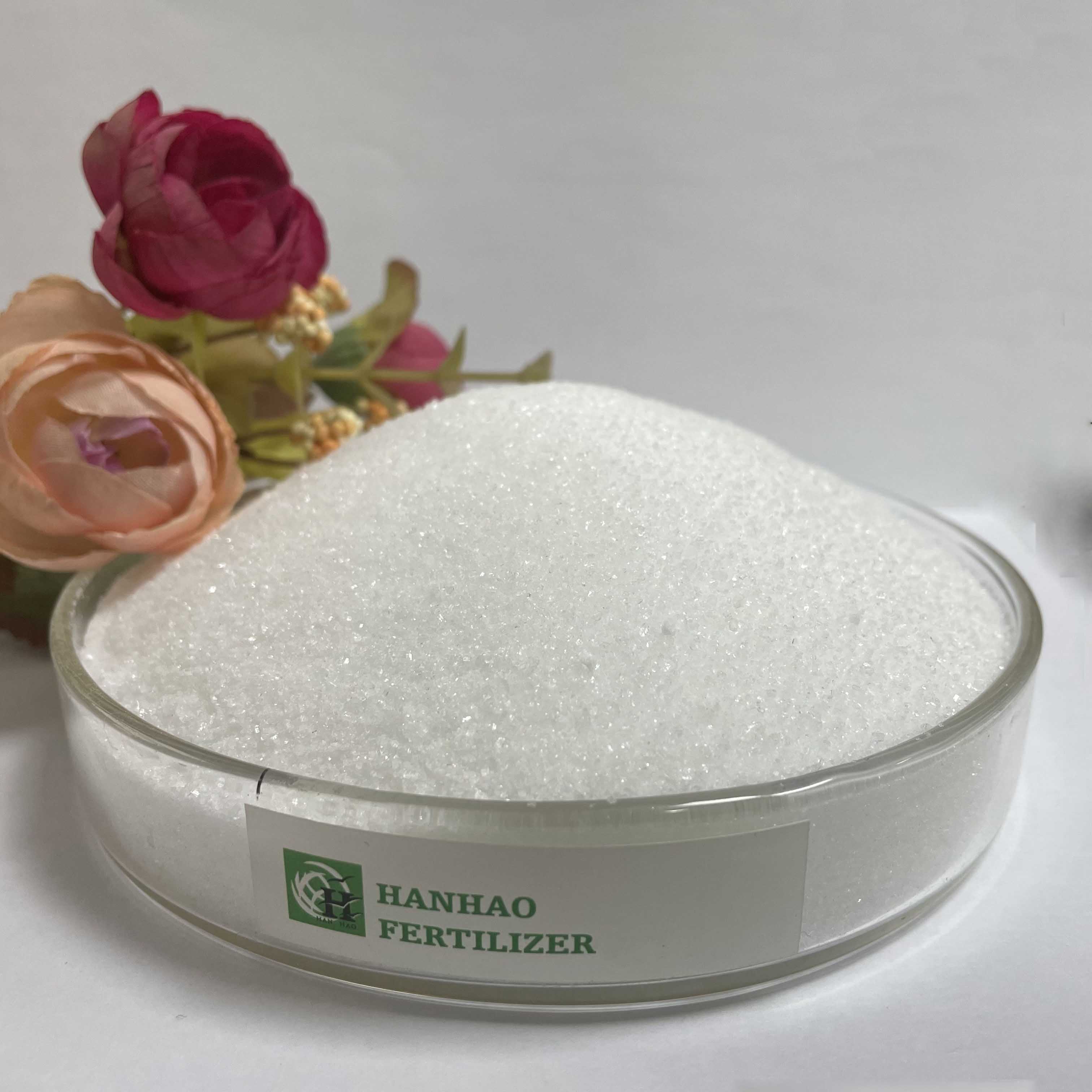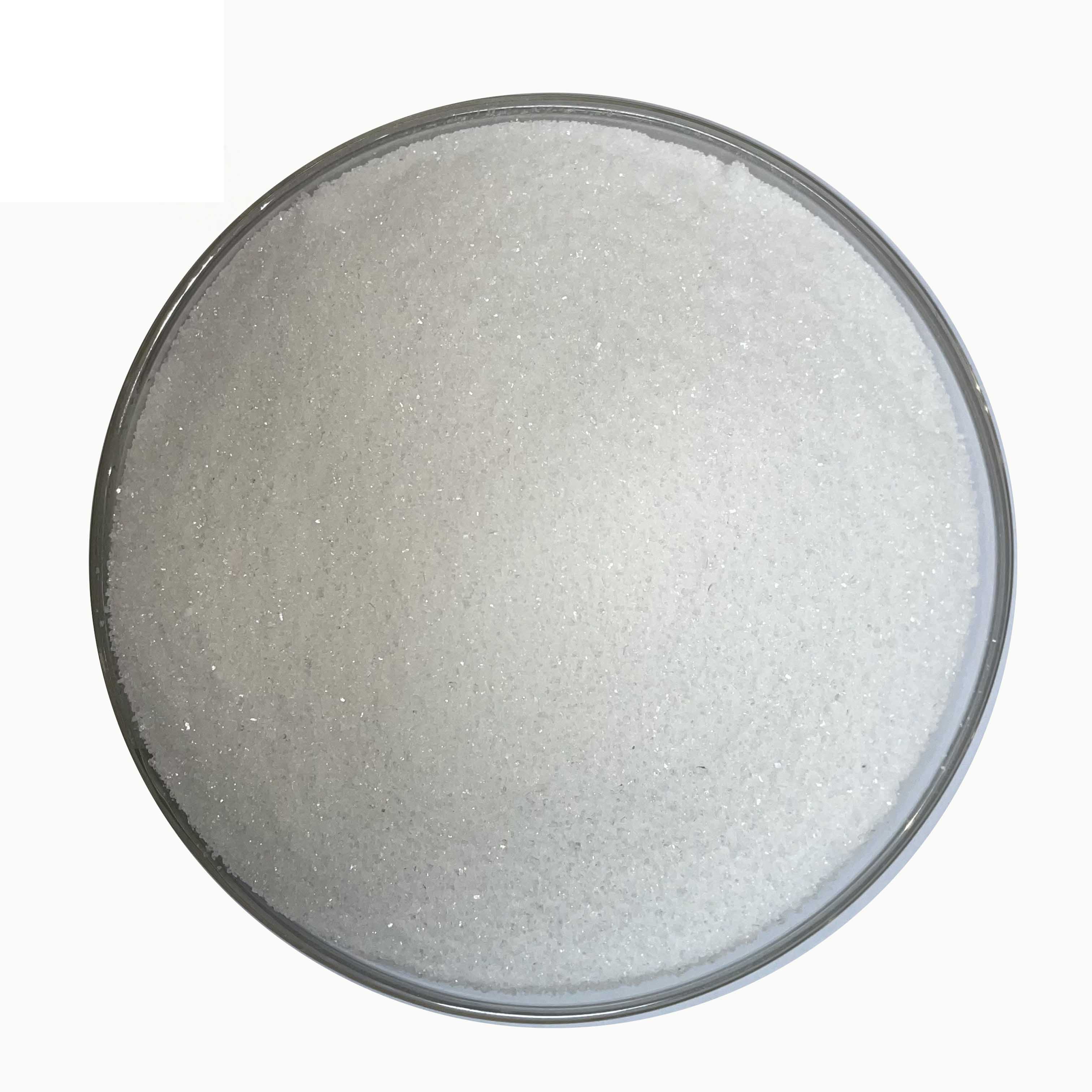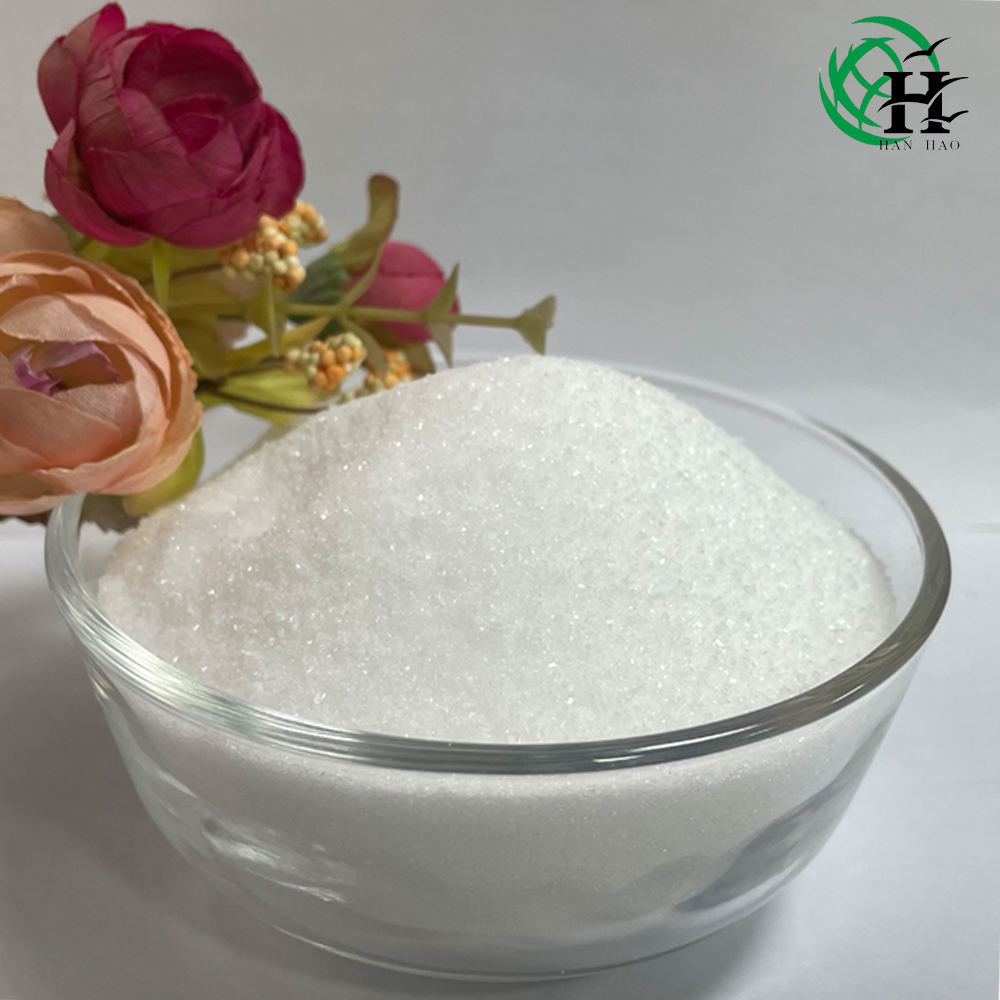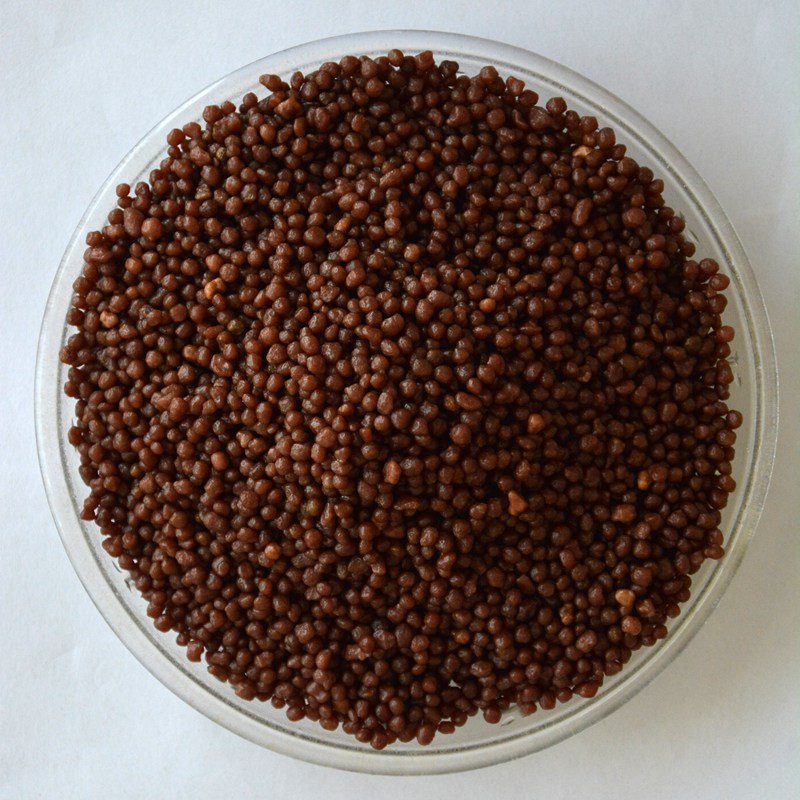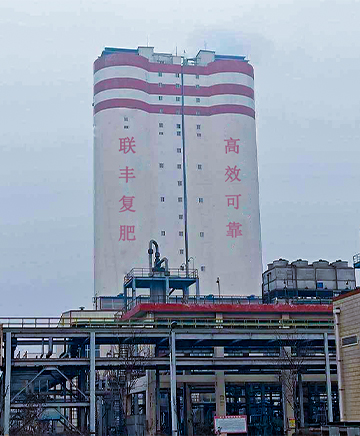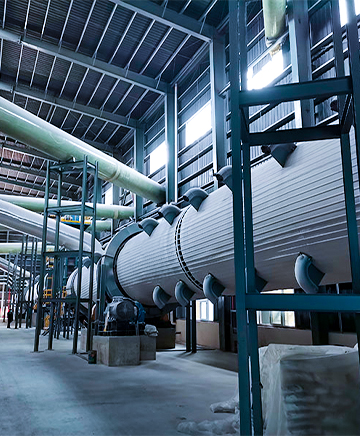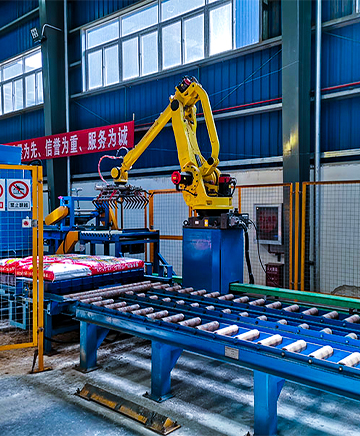we’ll ensure you
always get best
results.
contact usGO
HanHao implements the quality policy of "Customer is primacy, honesty is root, scientific management, quality and high efficiency". From the regular management of enterprise, we focus on our customers and work on the improvement of staff quality and development of the international market. We shall make great efforts to realize that "In conduct: sincere,cooperative and eager to learn; in work: meticulous, innovative and striving for excellence." We will always adhere to the honest and credible managing style, and remain the most reliable partner of customers..
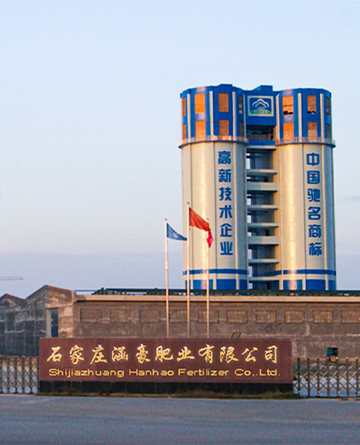
explore our main product
The total area of our factory is more than 70,000 square meters.We own three advanced automatic technique produce lines of NPK fertilizer,urea,BB fertilizer and one Multi-function test lab.The total investment is ¥150 million and annual production capacity is 600000MT.Our mainly products are NPK fertilizers,BB fertilizers,organic Fertilizers,Urea,Ammonium Sulphate,Potassium Humate,DAP,SOP etc.
we advice to choose
a right decision
- our products
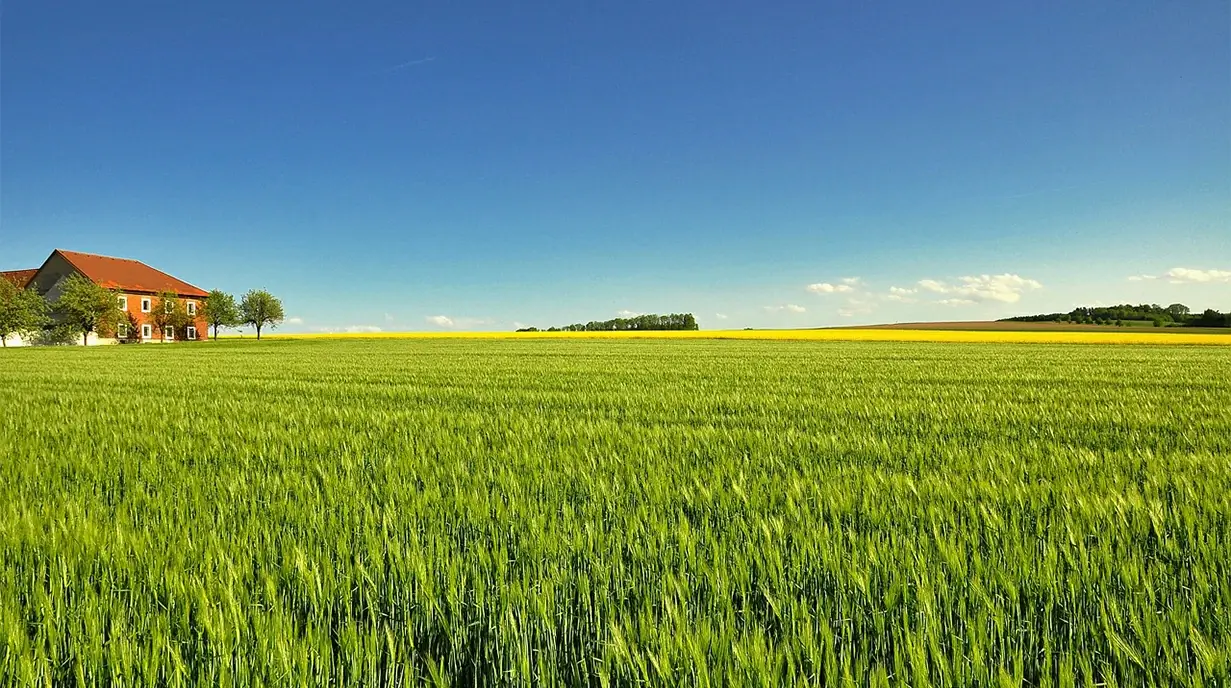
we’ll ensure you always get
best results.
-

1000 cooperative partner
-

302 Professional Staff
-

30 Years Of Experience
-

640 Suppliers
latest case studies
Inquiry for pricelist
Since its establishment, our factory has been developing first world class products with adhering the principle of quality first. Our products have gained excellent reputation in the industry and valuabletrusty among new and old customers..
submit nowlatest news & blogs
view more-
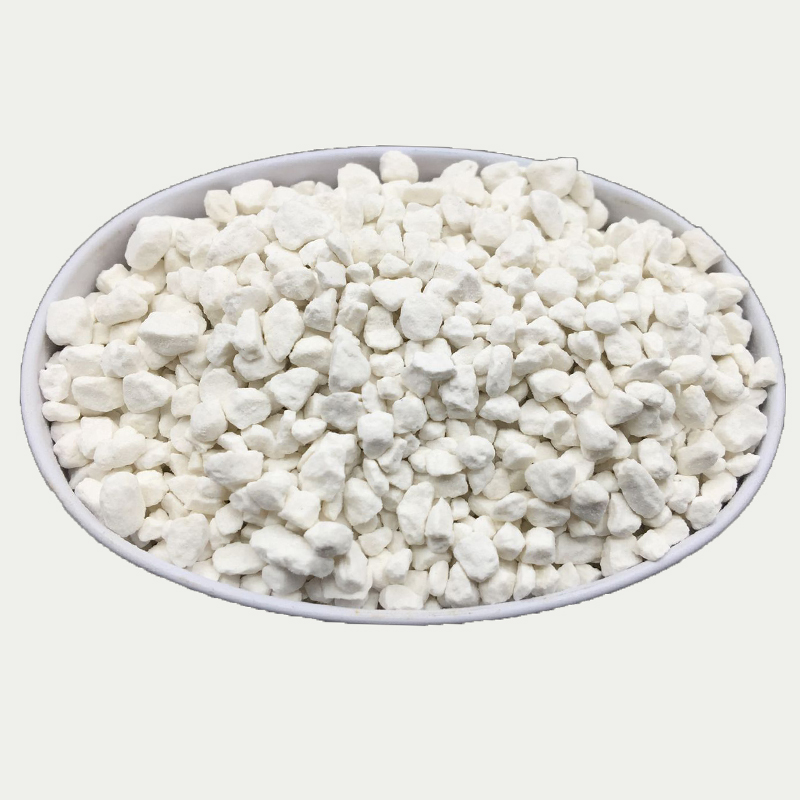
Potassium depletion in soil threatens global crop yields
Potassium deficiency in agricultural soils is a largely unrecognised but potentially significant threat to global food security if not addressed, say researchers.The lack of this key nutrient can inhibit plant growth and reduce crop yields. Farmers often spread potassium-rich fertilisers over their fields to replenish the depleted nutrient, but supply issues can inhibit its use and there are also questions about the environmental impact. The new study, published in Nature Food, finds that in many regions of the world, more potassium is being removed from agricultural soils through leaching or when crops are harvested. The authors from the UK Centre for Ecology & Hydrology (UKCEH), the University of Edinburgh, University College London and the Institute of Environmental Assessment and Water Research in Spain make a series of recommendations to tackle the issue.Read News -
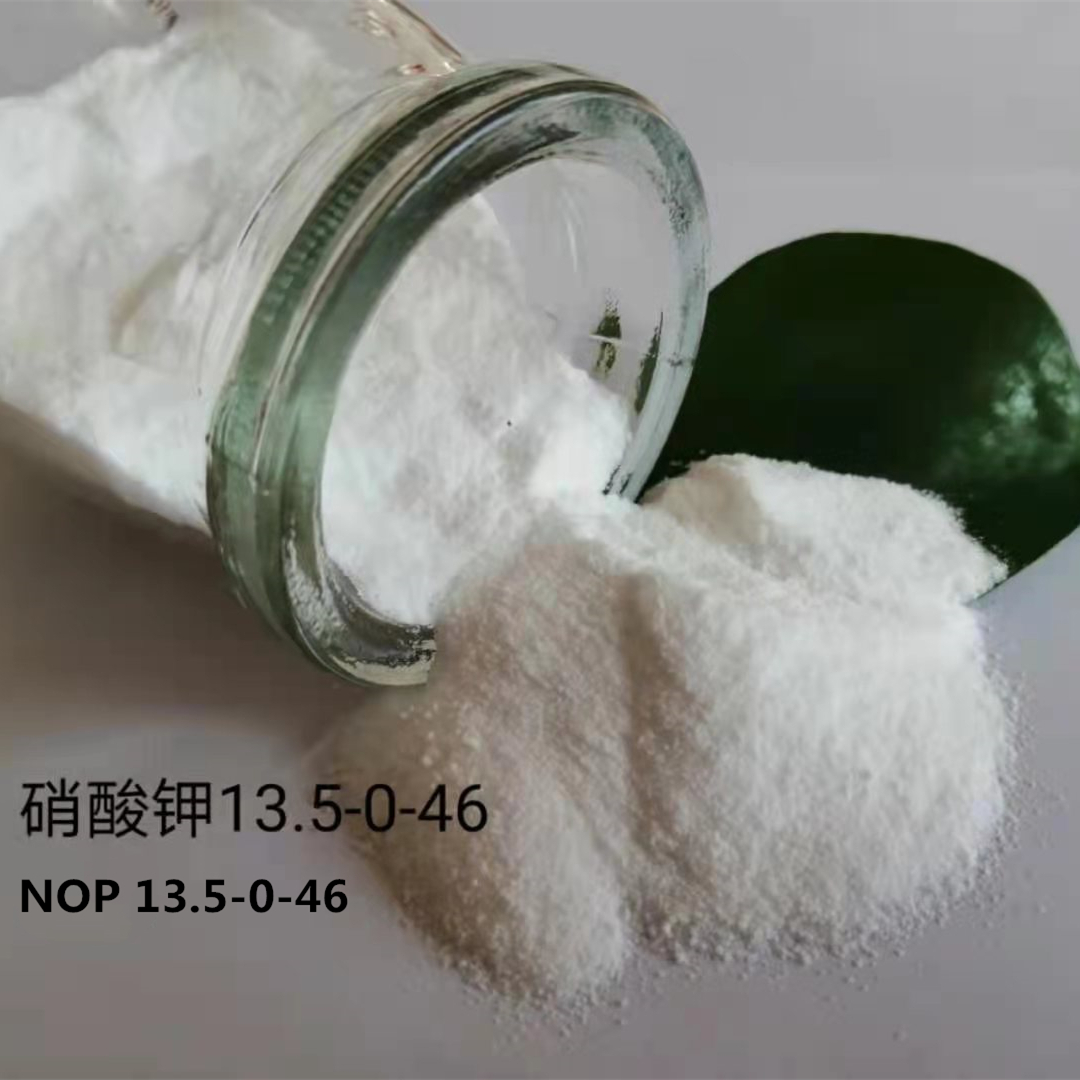
What is Potash? – The Whole Story
The UN says that in 2021, there will be around 690 million hungry people on the planet which accounts for 9 percent of the world’s population. Global food security is especially of concern looking forward as the world population is expected to increase by about 35 percent over the next 40 years.Agricultural output will need to significantly increase to feed the growing population. As available land for expanding agriculture is scarce, increased food production will come only from increasing productivity per hectare, which will require optimum and balanced fertilizer use.Boosting crop yields can be achieved by the implementation of balanced fertilization practices, which will also ensure the preservation of soil fertility and the sustainability of the farm systems.Read News -
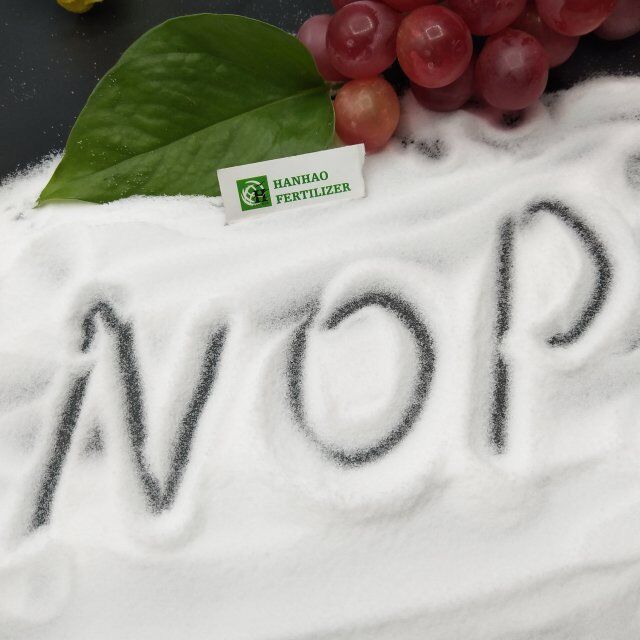
The Importance of Potassium Fertilizer
Potassium (K) is one of the 17 essential nutrients required by plants for growth and reproduction. Like nitrogen (N) and phosphorus (P), potassium is classified as a macronutrient. The term “potash” refers to a group of potassium bearing minerals and salts. There are multiple potassium fertilizer sources, expressed in units of K₂O on fertilizer labels, such as muriate of potash (KCl), sulfate of potash (K₂SO₄), double sulfate of potash and magnesium (K₂SO₄ 2MgSO₄), and nitrate of potash (KNO₃).Read News

